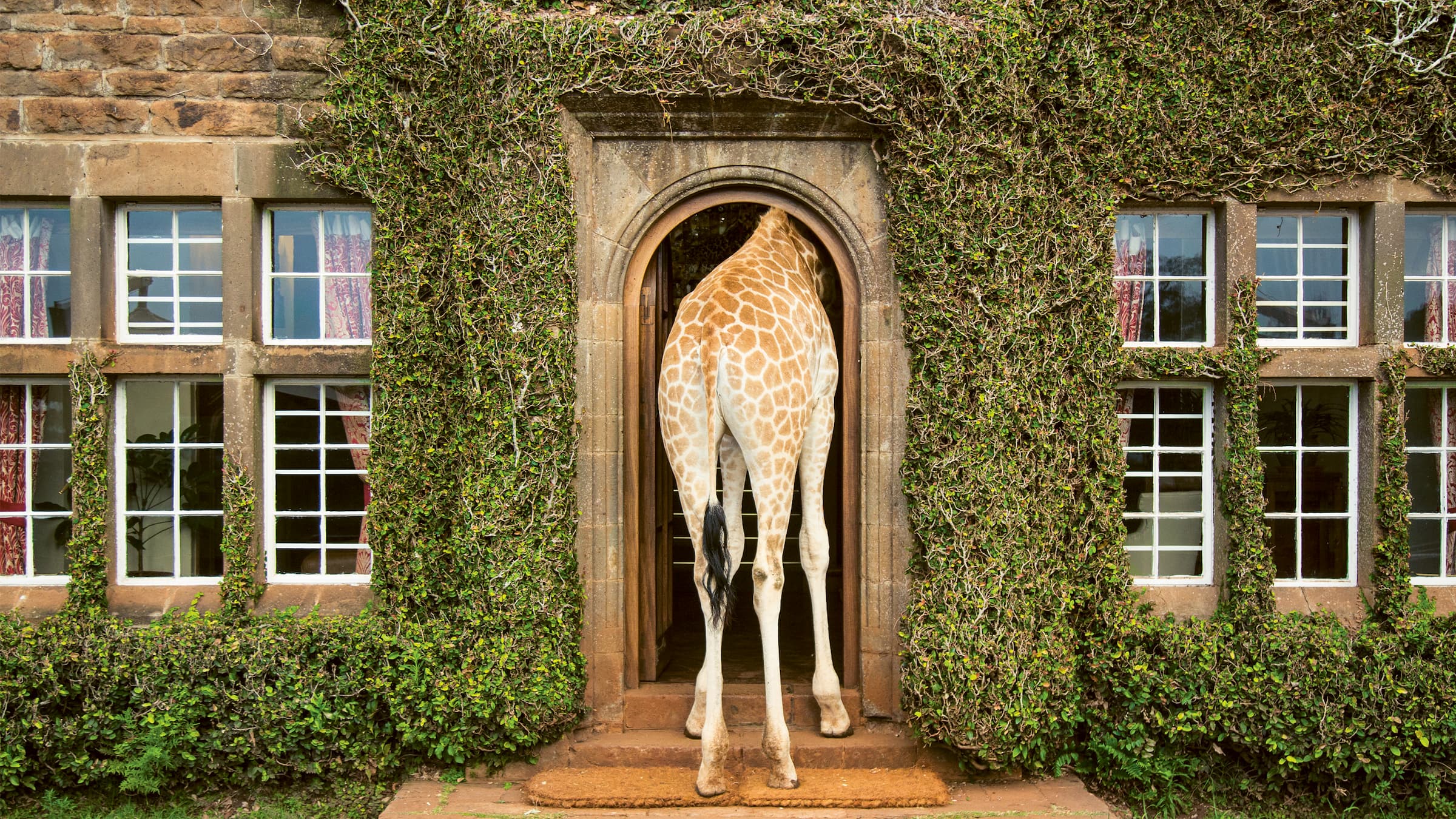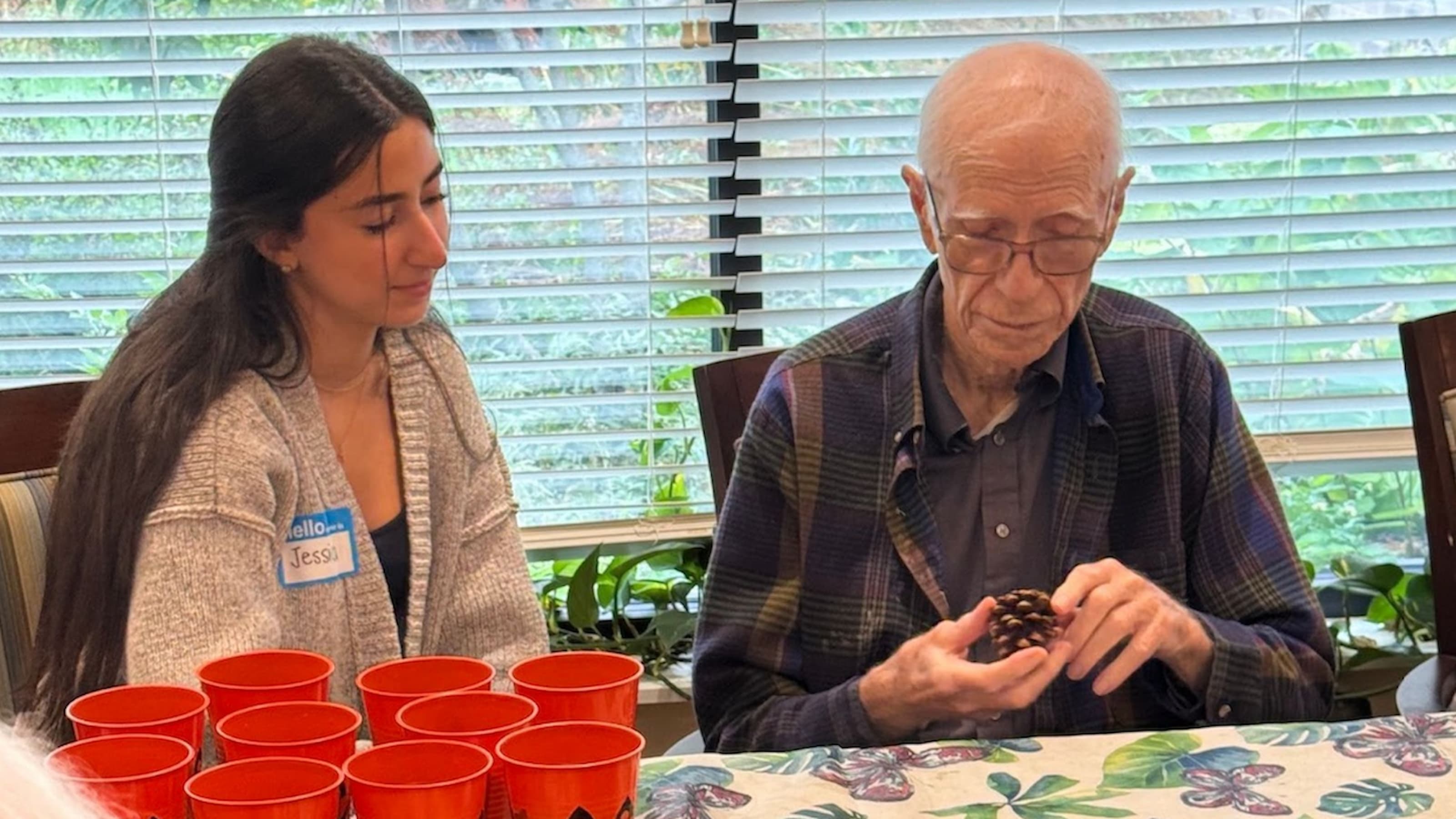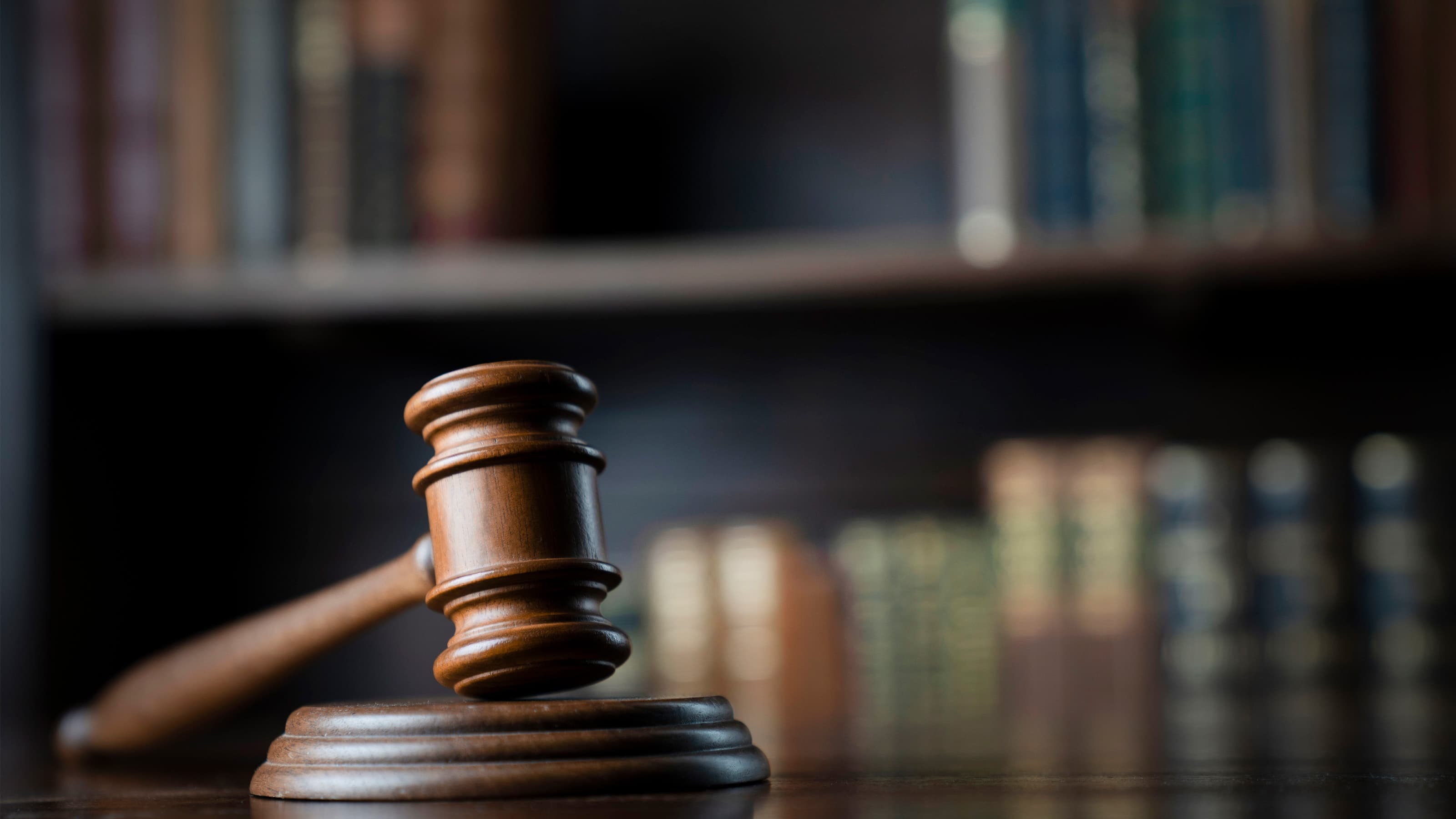Educating the Next Generation of Environmental Scientists
Through the University’s wide range of course offerings, Rachel Palm ’21 was able to combine her desire to teach with her passion for the environment. As a soon-to-be graduate, she looks forward to continuing to educate future generations about sustainability.
 Rachel Palm '21
Rachel Palm '21
- Rachel Palm ’21 is the first St. Joe’s student to major in elementary education and minor in environmental and sustainability studies – two subjects she loves.
- She grew up playing outdoors, and spent her summers volunteering and interning at a local conservation organization, where she helped implement education programs for local schools.
- She prefers a hands-on, immersive approach to environmental learning, and hopes that by understanding the outdoors, students will be inspired to protect it.
Rachel Palm ’21 has always been great with children. She spent her summers in high school and college as a camp counselor, worked as a babysitter and generally loves being around kids. It felt natural that she would eventually declare elementary education as her major at Saint Joseph’s.
Palm also has a passion for the outdoors and the environment. Through the University’s unique program offerings, she was able to incorporate her interest by minoring in environmental and sustainability studies.
“I grew up playing outside, gardening with family members, hiking and just doing things outdoors,” she explains. She spent her summers in high school and college volunteering at Berks Nature, a nonprofit conservation organization in Berks County, Pennsylvania. With the help of her advisor, Janine Firmender, Ph.D., associate professor in the teacher education department at St. Joe’s, Palm was able to obtain an internship at Berks Nature the summer before her senior year of college.
“I knew I wanted more from my education in addition to pursuing an education degree. Dr. Firmender listened to my desires and encouraged me to pursue them fully. She connected me with members of different departments to help my dreams become a reality.”
During her internship at Berks Nature, Palm helped develop different educational programs between the nature center and nearby schools. She also helped with field trips, and was surprised to learn that the younger children were able to grasp complex concepts like macroinvertebrates and water testing.
She admits it was fascinating to see the lightbulbs go off for some children, who may have never seen a creek before. “They realize, ‘This is why I shouldn’t just throw my water bottle in the creek, because all these little creatures live in there,’” says Palm.
In addition to her internship, she says that the classes she took for her environmental and sustainability studies minor helped her to become a better teacher.
“I took a nature writing course that really opened my eyes to the more creative side of a scientific topic,” she says. “It helped broaden my understanding of the way different people process information. Not every student learns the same way, and I love providing students with the opportunity to take their own individualized approach to an assignment.”
“I knew I wanted more from my education in addition to pursuing an education degree. Dr. Firmender listened to my desires and encouraged me to pursue them fully.”
Rachel Palm '21
Palm hopes that by understanding the earth, children will develop a desire to protect it. She wants to give her own students immersive outdoor experiences to help them learn about the environment.
“Why teach about the weather and not take the kids outside to actually explore and understand what the weather is doing?” says Palm. “I think the best part of a STEM education is the immersive aspect, because it gives students a hands-on opportunity to really explore for themselves, versus me just making a PowerPoint.”
Palm currently is a student teacher in a kindergarten class, and has only just started in-person teaching this year because of the COVID-19 pandemic.
“My student-teaching experience has definitely been unique,” she says. “I started out the semester completely virtual with 26 kindergarteners on Google Meet every single day. It was difficult at first to understand how I could best incorporate my teaching styles into the classroom.”
She says her student-teaching seminar at the University helped her develop a broader skill set for online instructions. “St. Joe’s desire to make sure their students have a diverse course load proved to be very helpful. Having such a variety of professors over my four years here helped me develop my own individualized teaching style.”
Now that Palm is in the classroom, she is taking advantage of the opportunity for hands-on, immersive learning. For example, she often takes her students outside to their school’s community garden.
“Last week, the students started learning about living and nonliving things. We planted some bean plants for the students to take home and replant,” she says. “On Monday, one of my kindergarteners asked to fill up their water bottle in the hallway at the refill center, and he quickly began asking me a lot of questions about the numbers on the station. It was a great opportunity to talk one-on-one with him about the importance of sustainability and protecting the earth.”
Palm hopes to continue to implement what she has learned in her environmental and sustainability studies minor into her future classrooms. One day, she imagines helping to develop an environmental education program in schools.



